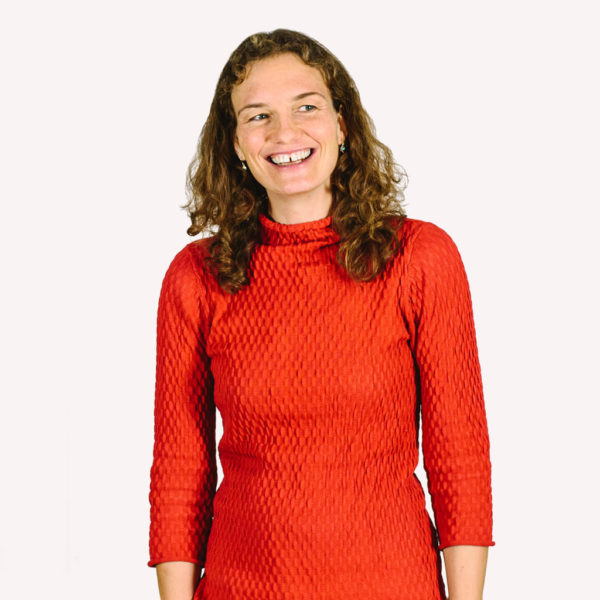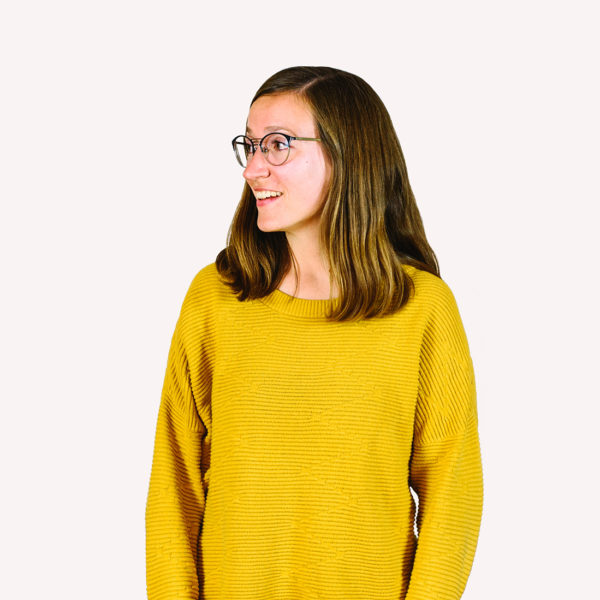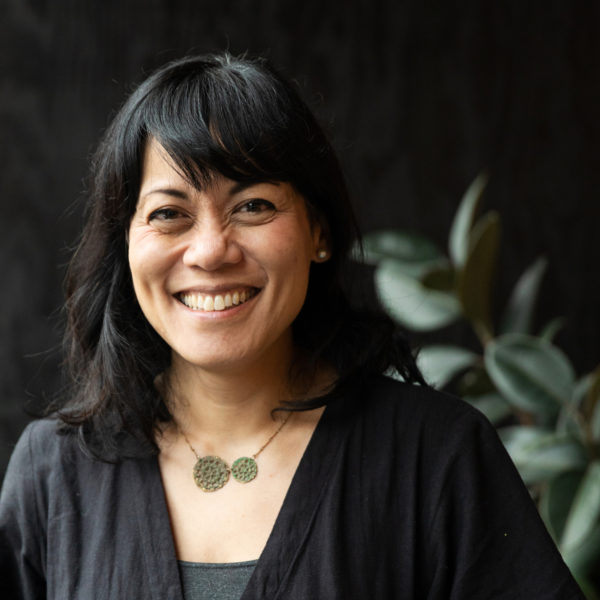

Using scenarios to move from research to design
Design is rooted in context. The stories we use to describe a context can make a seemingly nebulous problem tangible or can ground an idea in reality. During this masterclass we will discuss a scenario-based approach for embedding real-life contexts and stories throughout the final stages of research and early stages of the design process.
This flexible technique can support different activities at different stages of design:
- Communicating the context (people, process, environment) surrounding a problem
- Aligning stakeholders around the problem area
- Contextualise conversations around the opportunity and solution
- Communicate a solution's value and ultimate purpose
You will learn when to use scenarios and how to create and adapt them to suit your changing needs. You will also learn practical tips and advice in order to help you apply this technique effectively.




